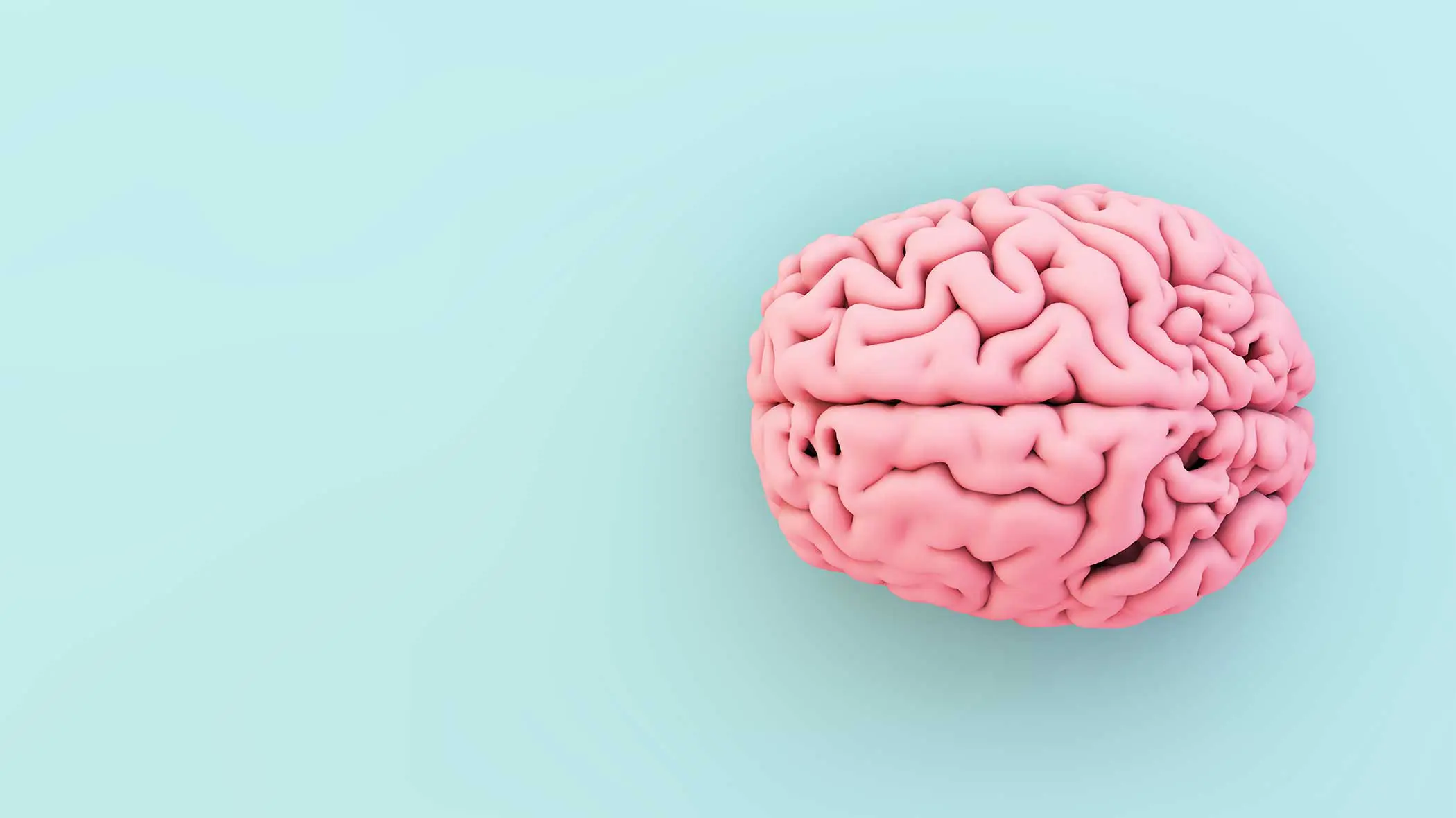
Whether a person abuses opioids over a long period of time, or in intense “binges” – they have a high potential for short-term and long-term effects on the brain.
These effects can result in mental health issues, cognitive decline, and addiction.
Opioids work on the brain by binding to mu-receptors that release dopamine. A person begins to associate this dopamine release with the feelings of central nervous system depression, sedation, pleasure, and pain-free “high” that accompanies opioid use.
The association between the reward and substance is what leads to addiction. Opioids’ effects on the central nervous system (CNS) cause respiratory depression and decreased heart activity.
Common opioids of abuse include:
- morphine
- codeine
- heroin
- fentanyl
- hydrocodone (Vicodin)
- oxycodone (OxyContin, Percocet)
How Methods Of Opioid Intake Result In Different Onset Of Effects
People can take opioids in a variety of ways. They include:
- injection
- smoking
- snorting
- oral ingestion (primarily pills)
- plugging/rectal intake
In general, injection, smoking, and snorting result in the fastest onset of effects.
Swallowing pills results in the least amount of bioavailability but results in fewer negative effects from using opioids.
Short-Term Effects Of Opioid Use On The Brain
Upon intake, opioids affect the brain within seconds when injected, and upwards of 15 minutes when taken orally.
Strong opioids like heroin or fentanyl produce a rushing high.
People that take opioids may experience:
- feelings of calm
- euphoria
- decreased mental sharpness
- drowsiness
- slowed breathing
- slowed heart rate
How Opioid Use Affects The Brain Long-Term
While intense short-term effects of opioid use can last upwards of a few hours, lasting effects of opioid use can be cumulative — especially with chronic opioid abuse.
Both addiction and physical dependence can result, which causes a psychological desire for the drug, and withdrawal effects occur when the drug is absent from the system.
Sustained opioid abuse can cause:
- mood swings
- insomnia
- withdrawal symptoms (anxiety, depression, vomiting, high blood pressure)
- poor decision making
- altered mental state
Dangers Of Long-Term Opioid Abuse On The Brain
Sustained opioid abuse can permanently change the way that your brain functions.
Some people that chronically abuse opioids can have problems with memory, mood stability, making good decisions, and handling stress appropriately.
These issues can also occur in response to symptoms of physical dependence and addiction, not as a result of physiological changes to the brain.
Permanent Brain Damage
Opioids slow breathing and heart activity. This means that a person who has experienced opioid overdoses or chronically abused opioids may suffer permanent brain damage due to sustained hypoxia (lack of oxygen to the brain).
Opioid Dependence And Addiction
Perhaps one of the most commonly considered long-term effects of opioid abuse is the physical dependence and psychological addiction that occurs with sustained use.
Physical dependence causes mental and physical symptoms when a person goes without the drug for a period of time – sometimes starting within several hours of the last dose.
Dependence and addiction can cause problems like:
- insomnia
- opioid cravings
- muscle spasms
- muscle/bone pain
- irritability
- anxiety
- vomiting/diarrhea
- cold flashes
Treatment For Opioid Abuse And Addiction
People with opioid addiction and dependency usually find that a combination of supervised detox, therapy, and pharmaceutical interventions help.
During an inpatient opioid detox process, drugs like methadone or buprenorphine can help ease physical dependence symptoms.
Further medication may be provided to ease symptoms involving anxiety, as needed.
If you or a loved one is addicted to opioids, there are abundant inpatient and outpatient resources available to help. Call today to learn more about the best treatment options for your needs.
Addiction Resource aims to provide only the most current, accurate information in regards to addiction and addiction treatment, which means we only reference the most credible sources available.
These include peer-reviewed journals, government entities and academic institutions, and leaders in addiction healthcare and advocacy. Learn more about how we safeguard our content by viewing our editorial policy.
- Addiction Science & Clinical Practice — Neurobiology of Opioid Dependence: Implications for Treatment
https://www.ncbi.nlm.nih.gov/pmc/articles/PMC2851054/ - Centers for Disease Control and Prevention — Opioid Overdose
https://www.cdc.gov/drugoverdose/index.html - U.S. National Library of Medicine: MedlinePlus — Opioid Addiction
https://medlineplus.gov/genetics/condition/opioid-addiction/#causes - U.S. National Institute on Drug Abuse (NIDA) — Drug Facts: Prescription Opioids
https://www.drugabuse.gov/publications/drugfacts/prescription-opioids - U.S. National Institute on Drug Abuse (NIDA) — Heroin Research Report
https://www.drugabuse.gov/sites/default/files/drugfacts-prescriptionopioids.pdf - U.S. National Institute on Drug Abuse (NIDA) — Opioids
https://www.drugabuse.gov/drug-topics/opioids


